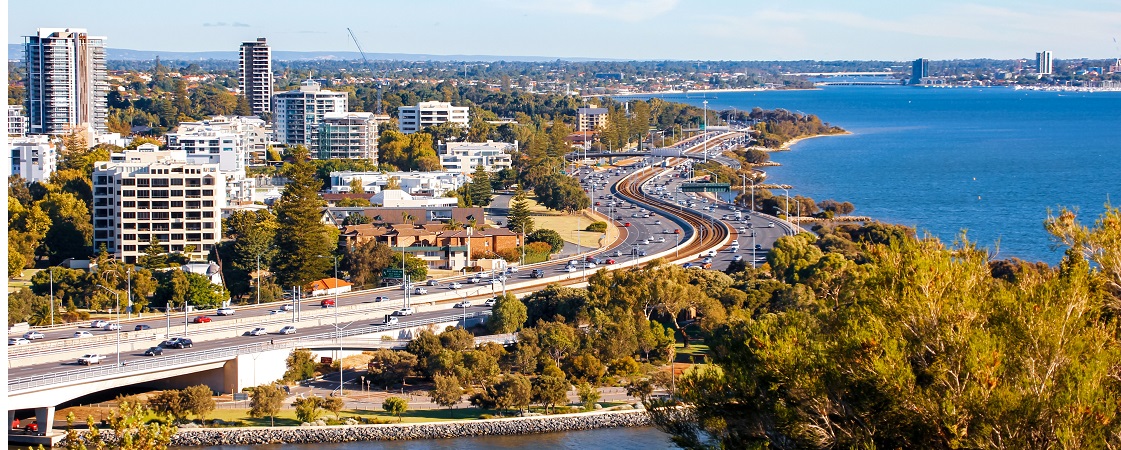Real-time Monitoring, Diagnosis, Prognosis and Tolerant Control for Industrial Systems
Special Session Organized by |
|---|
|
Zhiwei Gao, University of Northumbria, Newcastle, UK and Lina Yao, Zhengzhou University, China |
Download Call for Papers |
|---|
Click here to download the session cfp.
Focus |
|---|
Industrial systems, such as aero engine, power network, chemical automation process, wind turbine systems, and so forth, are safety-critical systems. Therefore, there is an ever-increasing demand to provide a high-level system reliability and safety for practical engineering systems by implementing real-time monitoring, fault diagnosis, prognosis and fault tolerant control and health management. This special session aims to provide a platform for the researchers and participants from both academic community and industrial sectors to report recent research and application progress in the field of condition monitoring, fault diagnosis, fault prognosis, fault tolerant control and their applications
Topics under this track include (but not limited to): |
|---|
- Machine-learning based monitoring and fault diagnosis
- Signal-based monitoring and fault diagnosis
- Model-based monitoring and fault diagnosis
- Prognosis methods and remaining use life prediction
- Digital-twin based fault diagnosis and prognosis
- Resilience of safety-critical systems
- Health monitoring and management for industrial systems
- Real-time implementation of diagnosis, prognosis and tolerant control in engineering applications
Complete Details |
|---|
Click here for complete details.
Future Industrial Sensing: The Role of Vision and Touch
Special Session Organized by |
|---|
|
Dermot Kerr, Ulster University, Northern Ireland, UK and Sonya Coleman, Ulster University, Northern Ireland, UK |
Download Call for Papers |
|---|
Click here to download the session cfp.
Focus |
|---|
Vision and touch sensing has established itself as a prime contributor towards sustenance and accelerated growth of industrial automation. The goal of this special session is to provide a discussion forum on the future of industrial sensing systems and applications in order to cross share recent developments, challenges and new research trends. The growth of vision and touch sensing systems, such as neuromorphic vision sensors, high resolution tactile sensors, hyperspectral imaging and 3D sensing technologies opens a wide range of new applications that in turn raise significant industrial challenges that need to be addressed. The special session will focus on state of the art research, what challenges need to be overcome and how these sensing technologies have a role to play in industrial settings. The special session will bring together both end-users and researchers involved in industrial oriented research projects to share the latest research in sensing related topics. It is expected that the special session will contribute to the bridging of the gap between industry needs and research activities, both pointing towards research challenges and high impact applications scenarios and to this end we welcome both original research articles and review articles.
Topics under this track include (but not limited to): |
|---|
- Machine Vision and Video Processing
- Tactile, Haptic and Force Sensing
- Neuromorphic Vision
- Hyperspectral Sensing
- Depth Sensing Technologies
- Feature Analysis and Understanding
- Robotic Sensing
- Integrated Sensing systems
- Advanced Machine Learning Techniques
- Industrial automation
- Adaptable automated guiding, inspection and sorting
- Quality inspection and control
Complete Details |
|---|
Click here for complete details.
Industry 4.0 in Agriculture
Special Session Organized by |
|---|
|
Lei Shu, Nanjing Agricultural University / University of Lincoln, China / UK and Adnan M. Abu-Mahfouz, Council for Scientific and Industrial Research (CSIR), South Africa and Gerhard P, Hancke, City University of Hong Kong, Hong Kong and Umair M. Qureshi, SPEED/The Hong Kong Polytechnic University, Hong Kong |
Download Call for Papers |
|---|
Click here to download the session cfp.
Focus |
|---|
The three previous industrial revolutions (from Industry 1.0 to Industry 3.0) gradually modified the form of agricultural activities. The traditional labor-intensive agriculture has been replaced by industrial agriculture through the adoption of industrial production patterns, industrial production processes, and industrial supply chain management in agriculture. Currently, industrialized food production and distribution dominates the global agriculture industry because this method is more productive and cost-effective. The fourth industrial revolution (Industry 4.0) is ongoing, and is characterized by a fusion of emerging technologies such as the Internet of Things (IoT), robotics, Big Data, Artificial Intelligence (AI), and blockchain technology. At present, industrial production processes and supply chains have become more autonomous and intelligent. Correspondingly, the integration of Industry 4.0 and agriculture provides the opportunity to transform industrial agriculture into the next generation, namely, Agriculture 4.0. In this context, sustainable and intelligent industrial agriculture would be achieved through real-time variable fine-grained collection, processing, and analyzing of spatio-temporal data in all aspects of the agricultural industry, from food production, processing, distribution to consumer experience. Such a smart industrial agriculture ecosystem with real-time farm management, a high degree of automation, and data-driven intelligent decision-making would greatly improve productivity, agri-food supply chain efficiency, food safety, and the use of natural resources.
Topics under this track include (but not limited to): |
|---|
- Internet of Things for smart agriculture
- Robotics and autonomous systems for smart agriculture
- Artificial intelligence for smart agriculture
- Big data analytics for smart agriculture
- Blockchain for smart agriculture
- Edge computing for smart agriculture
- Unmanned aerial vehicle for smart agriculture
Complete Details |
|---|
Click here for complete details.
Deterministic Communication and Computing for Advanced Industrial Systems
Special Session Organized by |
|---|
|
Cailian Chen, Shanghai Jiao Tong University, China and Zhengtao Ding, University of Manchester, United Kingdom and Paul Pop, Technical University of Denmark, Denmark and Qimin Xu, Shanghai Jiao Tong University, China |
Download Call for Papers |
|---|
Click here to download the session cfp.
Focus |
|---|
Recent advances in computing and communication empower industrial systems' network and intelligence transformation to realize system-wide interactions and effective collaboration. Growing applications require deterministic computing and communications, such as remote industrial control systems, autonomous vehicles, AR/VR, holoportation. These applications are expected to utilize efficient computing across deterministic networks for the time-critical and high-reliable requirements. This special session solicits state-of-art research related to the latest challenges, new technologies, and novel solutions involving deterministic communication and computing technologies to support the time-critical requirements in future advanced industrial systems.
Topics under this track include (but not limited to): |
|---|
- Resource allocation and scheduling in TSN and Deterministic Networking
- Switching and queuing mechanisms in TSN and Deterministic Networking
- Time synchronization in TSN and Deterministic Networking
- Low-latency high-reliability mechanisms and algorithms in Wi-Fi, 5G, and 6G
- Deterministic compute-communication co-design
- Learning-based optimization of deterministic computing and communication
- Performance evaluation and measurement methodologies for deterministicnetworking systems
- Applications and testbeds for deterministic networking systems
Complete Details |
|---|
Click here for complete details.


